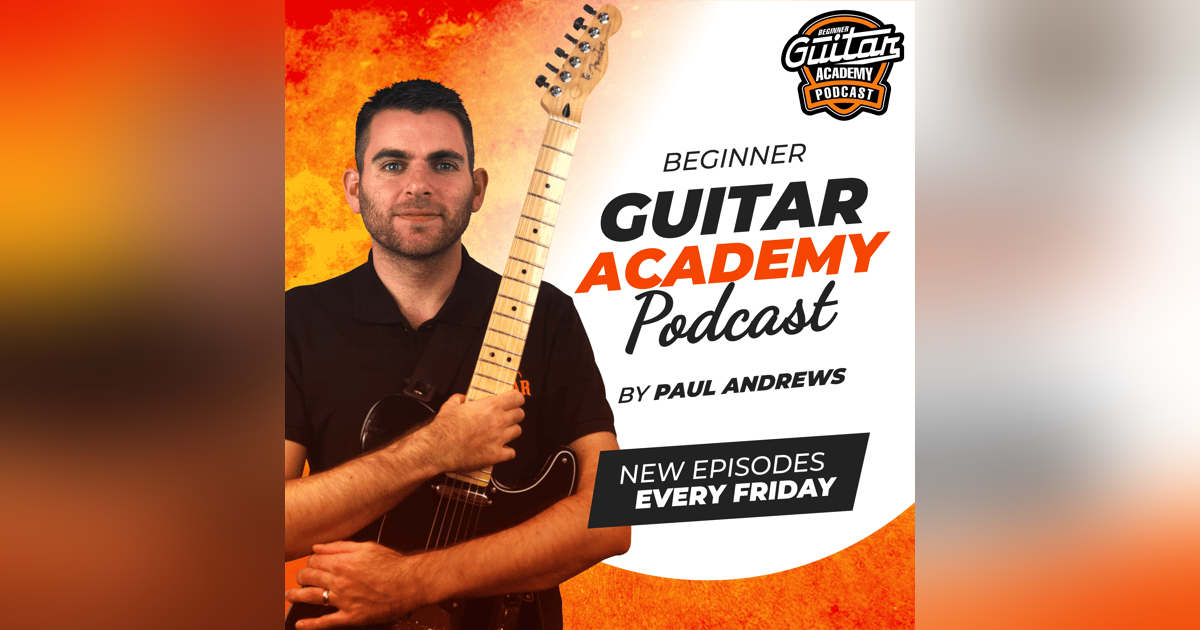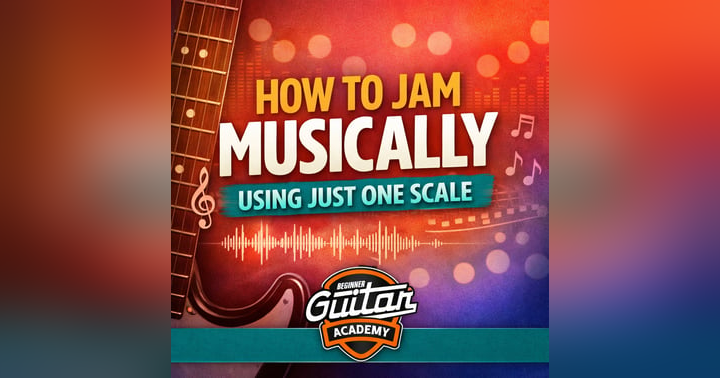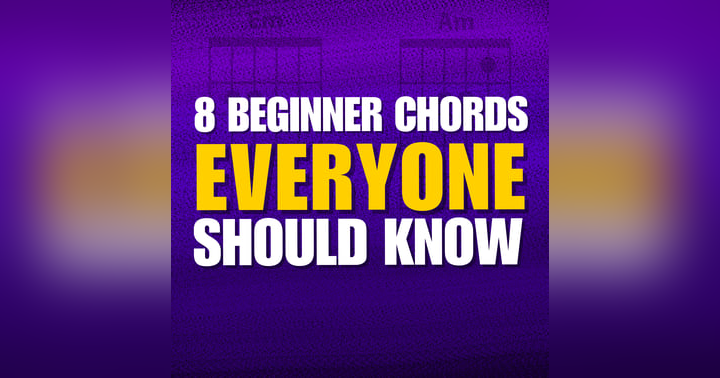20 Actionable Ways to Get Better at Guitar

If you’re an adult beginner on your guitar journey, chances are you’re always looking for the next step to level up your playing. In the latest episode of the Beginner Guitar Academy Podcast, host Paul Andrews rolled up his sleeves and laid out a no-nonsense roadmap with 20 practical tips to help you get better, no matter your current skill level.
Here’s a recap of Paul’s advice, covering everything from daily practice habits to mindset shifts you might have never considered (and yes, a few points that may surprise you):
1. Practice Consistently—Not Endlessly
Forget marathon weekend sessions. Instead, focus on 15–30 minutes every day. Consistency beats infrequent binge practice for building real skills. Even six minutes can make a difference if it’s focused. Check this out
2. Use a Metronome
Timing is everything! Practicing with a metronome (or backing tracks and drum machines) helps develop rock-solid rhythm. Great notes and tone mean nothing if your timing is off.
3. Slow it Down
Rushing leads to sloppy mistakes. Master things slowly and cleanly before you speed them up. The quickest path to speed is control.
4. Focus on Technique
Small changes in hand and finger placement can make a world of difference. Check your posture and how you approach even the simplest exercises.
5. Record Yourself
Uncomfortable? Yes, at first! But this is one of the best ways to spot mistakes, track progress, and boost your motivation when you listen back a few months later.
6. Play With Others
Don't just play in isolation. Whether it’s jamming with another player, joining a class, or simply playing along to backing tracks, you’ll gain valuable “real world” musicality.
7. Learn Songs You Love
Skills are crucial but don’t forget the joy of playing actual music. Regularly “revisit your old friends”—the tunes that got you excited about guitar in the first place.
8. Practice Ear Training
Take five minutes to work out melodies or rhythms by ear. It strengthens your connection to the instrument and makes you a more versatile player.
9. Master the Basics
Don’t skip straight to flashy techniques; a strong foundation is what holds everything together. Players with solid basics often outperform those dabbling in advanced concepts without understanding the fundamentals.
10. Work on Chord Changes
It isn’t just about learning a chord. Make your transitions (especially the common open chords) smooth and automatic. A reliable “shape, sound, speed” system can help.
11. Keep a Practice Journal
Track your wins, struggles, and goals. This level of accountability doesn’t just motivate—you’ll see your progress over time.
12. Don’t Chase Too Much at Once
Avoid the “YouTube roulette” of hopping between shiny new courses and never finishing any. Focus, absorb, and internalize before moving on.
13. Learn Some Theory
Understanding how chords, scales, and keys work will unlock a wider world of musical possibilities—especially as you hit intermediate and advanced levels.
14. Memorize the Fretboard Notes (E & A Strings!)
See frets as notes, not just numbers. Focusing on the E and A strings helps you name movable shapes and unlocks the rest of the fretboard.
15. Play Standing Up
Not just for stage performers! It improves posture, helps you feel the groove, and preps you in case you ever join a band or jam session.
16. Change Strings Regularly
Fresh strings mean better tone, easier bends, and a guitar that feels “alive.” It’s a cheap and easy upgrade you can do at home.
17. Listen to Great Guitarists
Soak up the nuances of phrasing, tone, and feel by actively listening to your guitar heroes—and let their artistry inspire your practice.
18. Learn to Use Dynamics
Volume matters! Explore loud vs. soft, and gentle vs. aggressive to make your playing more expressive. (Paul recommends checking out Peter Green’s “Albatross” as a lesson in dynamics.)
19. Try Different Styles
Don’t pigeonhole yourself. Play and listen to a variety of genres—rock, blues, jazz, reggae, funk—and you’ll develop as an all-around guitarist.
20. Be Patient & Enjoy the Ride
Progress isn’t linear. Celebrate showing up, stay curious, and don’t be disheartened by plateaus. Challenges are a part of growing as a musician.
Final Thoughts:
Paul wraps up by reminding us: Learning guitar is as much about patience as it is about practice. There will be ups, downs, and frustrating plateaus, but stick at it and the rewards (and fun!) will absolutely follow.
If you’re looking for more structure and support, check out Beginner Guitar Academy where Paul offers a structured syllabus, hands-on support, and a like-minded community for adult learners.
Ready to become a better guitar player? Choose 1–2 tips from this list, put them into action this week, and see what happens. Happy practicing!
Like what you read? Subscribe to the Beginner Guitar Academy Podcast for even more practical tips, inspiration, and community. Stay tuned for their upcoming July series—Paul hints you won’t want to miss it!









